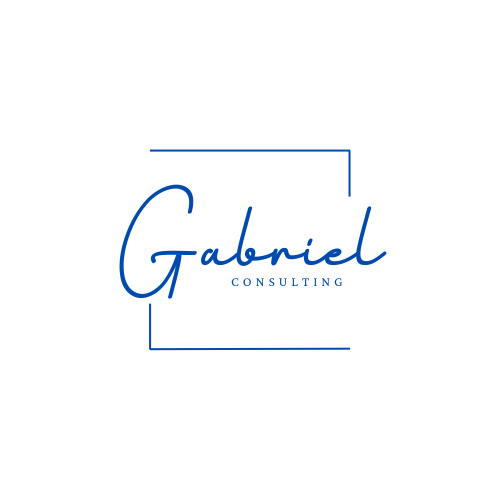I need that feeling, that feeling that you actual trust me…
“Do you trust me?” - said every emerging hero in a Rom-Com as they lean in to taking care of another character. Corny, cringe and predictable, but essential right?
At the core, we all want to know the people we interact with trust us. No one wants to be labeled “not-trustworthy” or “unable to be trusted.” Just reading those words makes me uncomfortable. And I have to assume it would make anyone reading this uncomfortable. Which is crazy to me that I actually had to make it a non-negotiable to do work… but it is! 2nd on my top 3, right behind truly “liking” the people I work with, not faking pleasantries.
Trust.
I want to do good work for organizations and people who trust me. Who trust employees want to do the right thing. Who trust that Human Resources can be humane. Who trust that people leaders will lead with best intention for their people.
But how do you prove you trust your people?
It starts with the behaviors you allow. Do you allow micromanaging? Do you allow big egos using “I” a lot when clearly a team was involved? Do you allow “nickle and dime-ing” styles of discipline? If the answer is sometimes, might as well be yes and you need to own that you do not trust.
Trust is when you want others to work. You set large directions, you set guidelines and mentorship but you don’t freak out over PowerPoint colors and images. You trust that you set out the right vision, that you hired the right people, that you put the right players on the team and that they will come through.
Trust is not controlling. Trust is not overpowering or overshadowing. It’s about collaboration, shared ownership and reverse mentoring so you can hear more than you speak. That old adage of “you have two ears and one mouth for a reason” comes to mind here.
Trust is not jumping down on someone for being a few minutes later - instead talk to them, understand them, show grace and focus on the work. And if you are thinking, “oh I don’t do that…” I would challenge you to read your entire employee handbook and tell me if you truly struct the balance between compliance and trust since most of those policies are often harshly written.
Trust goes deeper. Trust is how much do you trust me to know. How transparent can you be with me. I can handle the very ugly as easily as I can handle the over-the-top exciting news.
See people often hide behind made up “rules” in order to not openly say “I do not trust (insert item).” This is why comments like “HR said” exist. It is not because HR practitioners do not have a name or a face, it is because it is easier than saying what you mean which in turn is an aspect of a lack of trust.
I recently ran into a social media post genuinely asking if you have to post jobs externally. After you put the legally required government roles aside, the core of the debate came down to how transparent you are with your organization. Transparency equates to trust. If you trust people to know, if you trust leaders to lead, if you trust that the right things can be done without your control; you can be transparent.
So, what are some easy signs for me to know this IS the right place for me… well, first and foremost what you say matches what you do. You believe in collaboration and you have processes and practices in place that reduce emails one day or you have a set in-office collaboration day. See if you tell me you believe in collaboration then hit me with a 5 days in - that’s the first crack of mistrust for me. No one can collaborate for 40+ hours a week, general administration of calendar management, answering emails or just updating project status requires focus time. You can focus anywhere and more often you focus best without distractions like office drive-bys or commuting impact.
This isn’t a post in favor of hybrid or remote. Just an easy example. If you want me or anyone working with you to feel trusted, every action has to lead to enhancing trust.
